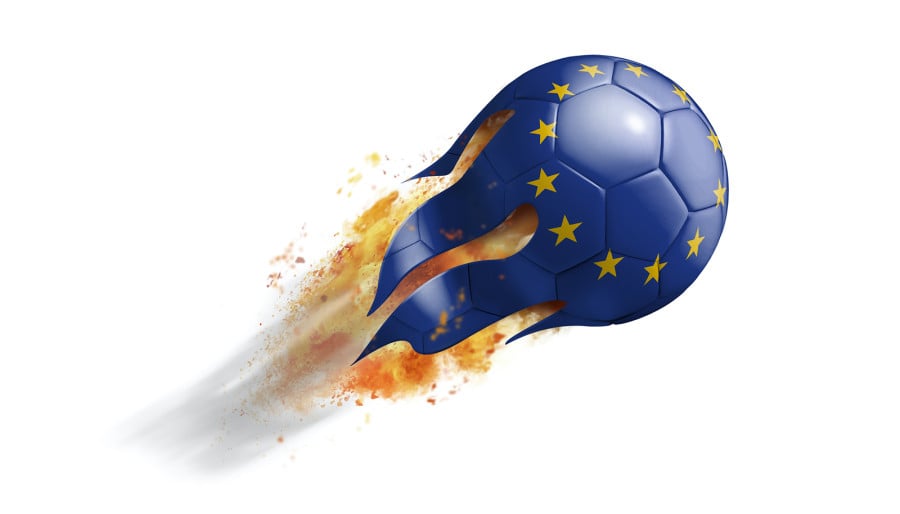How 'State Aid' Rules Have Adapted For Covid-19 And What It Means For The Sports Sector

This article examines how EU State aid rules have adapted in the time of Covid-19 and what it means for the European sports sector. Specifically, it looks at:
- The economic effects of Covid-19 on European sports;
- Specific State aid rules for supporting economies during the pandemic (the 'Temporary Framework'):
- Specific compensation for Covid-related damage (Article 107(2)(b) TFEU);
- Broader support schemes (Article 107(3)(b) TFEU);
- Looking ahead and tips for sports organisations.
For those new to State aid, we suggest reading this article by the authors' first: 'A Guide To How 'State Aid' Law Impacts European Sports Organisations'. This article explains what State aid law is and how it applies to sports clubs and sports infrastructure projects in the European Union.
To continue reading or watching login or register here
Already a member? Sign in
Get access to all of the expert analysis and commentary at LawInSport including articles, webinars, conference videos and podcast transcripts. Find out more here.
- Tags: Court of Justice of the European Union | Czech Republic | European Commission | European Union | Football | Holland | Italy | Rugby | Solvakia | Spain | State Aid | Treaty on the Functioning of the European Union | UK
Related Articles
- State aid in European football: A review of the EC’s ruling on Real Madrid, FC Barcelona and Valencia CF
- State aid in Spanish football - EU General Court overrules European Commission on Barcelona and Real Madrid decisions
- State aid in Spanish football - EU General Court annuls European Commission decision on Valencia CF & Elche CF
Written by
Marianne Clayton
Marianne Clayton, is one of the founders of the law firm Clayton & Segura specialised in state aid. She is a member of the Paris and Brussels Bar (Liste E). Former senior officer at the Competition and State Aid Directorate at the EFTA Surveillance Authority, Marianne Clayton has over 15 years of state aid experience within the regulators and major international law firms. Marianne Clayton graduated in law at the Universities of Kings College and Paris I – Sorbonne.
Maria J. Segura Catalán
Maria Segura, founder of the law firm Clayton & Segura, specialised in state aid, is a member of the Madrid and Brussels Bar (Liste E). Former Deputy Director of the Competition and State Aid Directorate of the EFTA Surveillance Authority, Maria Segura has been exclusively dedicated to state aid matters for twenty years also serving in different positions within the European Commission. She graduated in Law at the University of Zaragoza (Spain) and earned an Ll.M.Eur from the Europa Institut (Germany).





